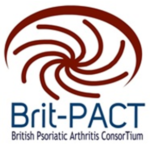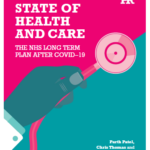 NRAS’ National Patient Champion Ailsa Bosworth is the joint convenor (with Elena Nikiphorou, King’s) and a senior author of the paper entitled ‘2021 EULAR recommendations for the implementation of self-management strategies in patients with inflammatory arthritis’ published in the Annuls of Rheumatic Disease last week. These important recommendations come at a crucial time when rheumatology teams are reviewing how they deliver patient-centred care going forward as we come out of the pandemic, and will be presented at EULAR 2021 in June in a session on ‘Mastering Self-management: State of art in a New Era.’…
NRAS’ National Patient Champion Ailsa Bosworth is the joint convenor (with Elena Nikiphorou, King’s) and a senior author of the paper entitled ‘2021 EULAR recommendations for the implementation of self-management strategies in patients with inflammatory arthritis’ published in the Annuls of Rheumatic Disease last week. These important recommendations come at a crucial time when rheumatology teams are reviewing how they deliver patient-centred care going forward as we come out of the pandemic, and will be presented at EULAR 2021 in June in a session on ‘Mastering Self-management: State of art in a New Era.’…
Read more of this article
Category: Research
Pain Alliance Europe Chronic Pain Survey
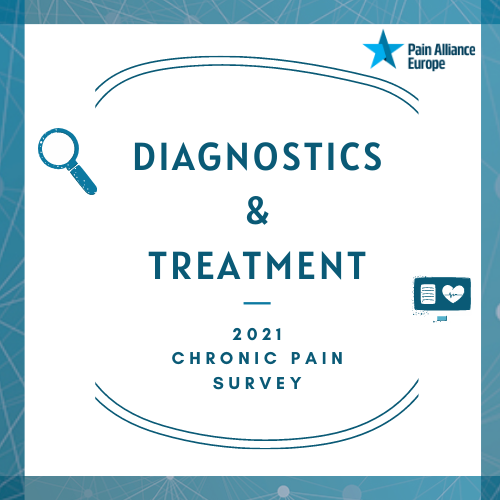 The Pain Alliance Europe is inviting people with chronic pain or their caregivers to take part in their 2021 survey on diagnosis and treatment. It’s available in 15 languages.
The Pain Alliance Europe is inviting people with chronic pain or their caregivers to take part in their 2021 survey on diagnosis and treatment. It’s available in 15 languages.
This is a second version of the survey The Pain Alliance Europe conducted in 2017. It will compare the responses from four years ago with the situation now, to see if there have been improvements over time.
PAE will use the survey results as a snapshot of the lives of people with chronic pain across Europe – the picture may vary from country to country.…
Read more of this article
Warwick study of mental defeat in chronic pain (WITHIN study)
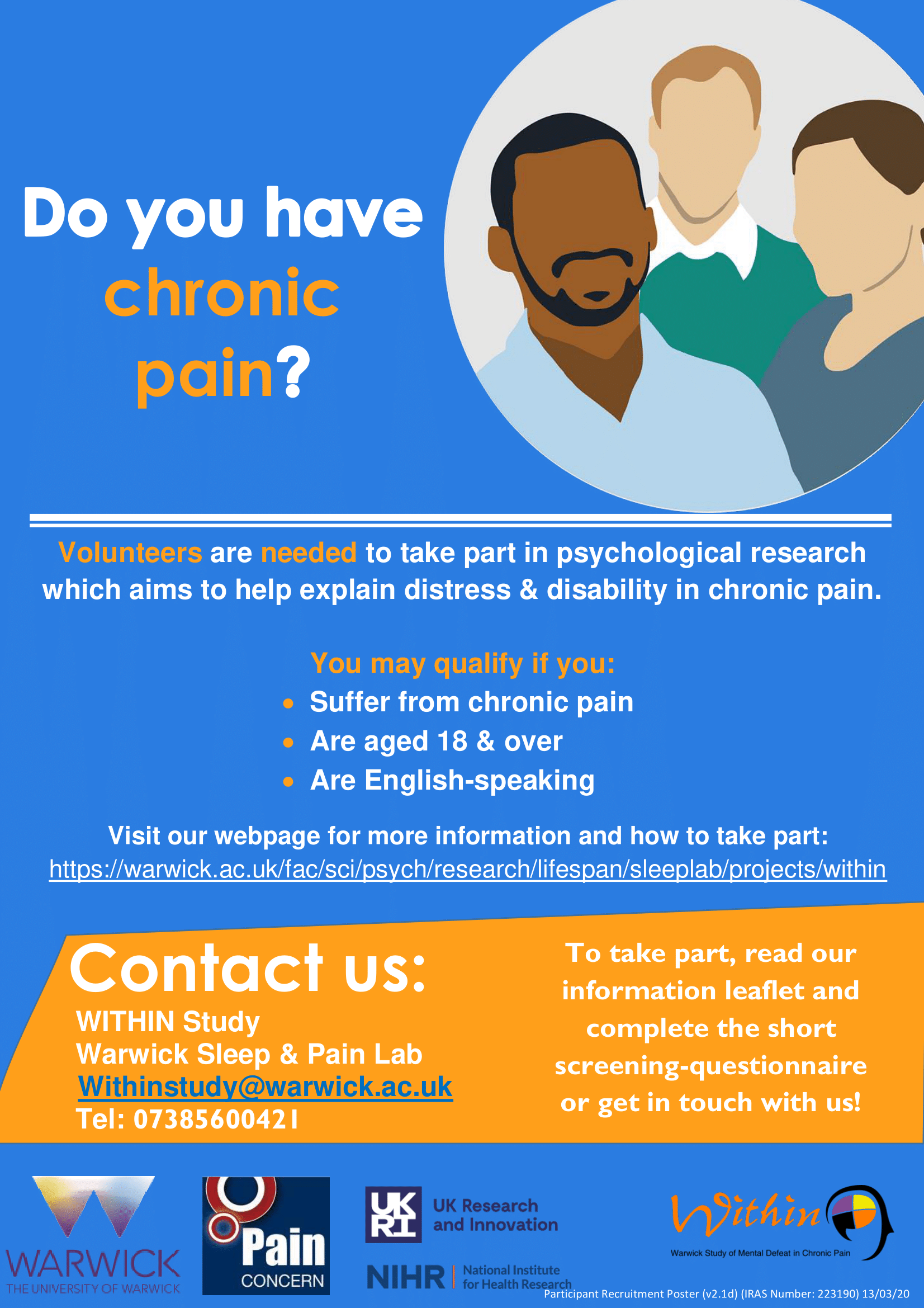 Do you have chronic pain?
Do you have chronic pain?
Volunteers are needed to take part in psychological research which aims to help explain distress and disability in chronic pain.
The WITHIN Study is funded by the Medical Research Council and is investigating to what extent mental defeat explains variations in pain severity, distress, and disability in the long term in patients with chronic pain.
If you are interested in taking part in the online questionnaire, complete the screening questionnaire to see if you are eligible.…
Read more of this article
Outcomes data collection in orthopaedics

The latest NOA guest blog post by Rebecca Lafferty, national PROMS network co-ordinator and outcomes manager (Wrightington, Wigan and Leigh Teaching Hospitals NHS Foundation Trust) looks at outcomes data collection in orthopaedics and outlines her personal experience of outcomes pathways and processes.
Outcomes data collection can mean different things to different people. It depends on the provider and how the data collection process is set up. In some units, the data collected contributes to a bigger picture through national data sets such as the National Joint Registry, National Ligament Registry and Non-Arthroplasty Hip Registry.…
Read more of this article
Second Survey: PSP Psoriatic Arthritis
The British Psoriatic Arthritis Consortium is working with the James Lind Alliance to run a priority setting partnership (PSP),
looking to create a national ‘top 10’ list of research priorities for psoriatic arthritis.
Survey 2 – What questions would you like to see answered by #PsoriaticArthritis research?
Following the first PSP survey in June 2020, the process moves to identifying the questions that are the most important to people who live and work with psoriatic arthritis.
This is a unique opportunity for you to have your say in psoriatic arthritis research.…
Read more of this article
LJMU chronic pain experiences survey
 Researchers at Liverpool John Moores University (LJMU) are aiming to understand chronic pain experiences in and out of the UK’s current lockdown. Individuals are invited to participate in the survey.
Researchers at Liverpool John Moores University (LJMU) are aiming to understand chronic pain experiences in and out of the UK’s current lockdown. Individuals are invited to participate in the survey.
Title of Project: Locked-down: Differences in Chronic Pain Experience
Researcher: Dr David Moore and Bethany Donaghy, School of Psychology
The study will take 20 minutes to complete and will involve completing a set of questionnaires online via outlets such as computers or mobile phones. There will also be the option to participate in a second phase of the study.…
Read more of this article
State of health and care: The NHS Long Term Plan after COVID-19
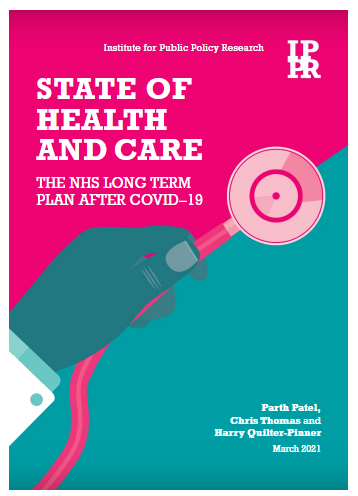 State of health and care: The NHS Long Term Plan after COVID-19
State of health and care: The NHS Long Term Plan after COVID-19
A new report from IPPR shows the extent to which the coronavirus pandemic has disrupted progress on the NHS Long Term Plan. The report looks at cancer, mental illness, cardiovascular disease and multiple long term conditions, but the findings are equally relevant to MSK services.
The report argues that COVID-19 should not become an excuse for low ambition, and that world-class healthcare must remain the overall goal. To achieve this, the report recommends a package of six ambitious changes designed to do three things:
- Ensure the pandemic does not cause lasting damage to healthcare services for future generations.
Read more of this article
Survey findings from NRAS
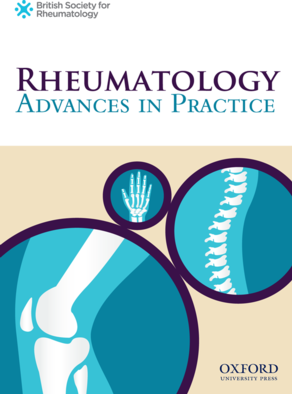 Summary of article published in Rheumatology Advances in Practice on 5 January, 2021
Summary of article published in Rheumatology Advances in Practice on 5 January, 2021
“Disease impact of rheumatoid arthritis in patients not treated with advanced therapies; survey findings from the National Rheumatoid Arthritis Society”
Authors: Elena Nikiphorou, Hannah Jacklin, Ailsa Bosworth, Clare Jacklin, Patrick Kiely
Background
In 2020, NRAS conducted a survey amongst its members and non-members who had RA with a disease duration more than 2 years, who were not on advanced therapies (i.e. biologic/biosimilar or targeted synthetic DMARDs (JAK inhibitors)), with the aim of revealing the everyday impact of living with RA in people not treated with advanced therapies.…
Read more of this article
NHFD Annual Report
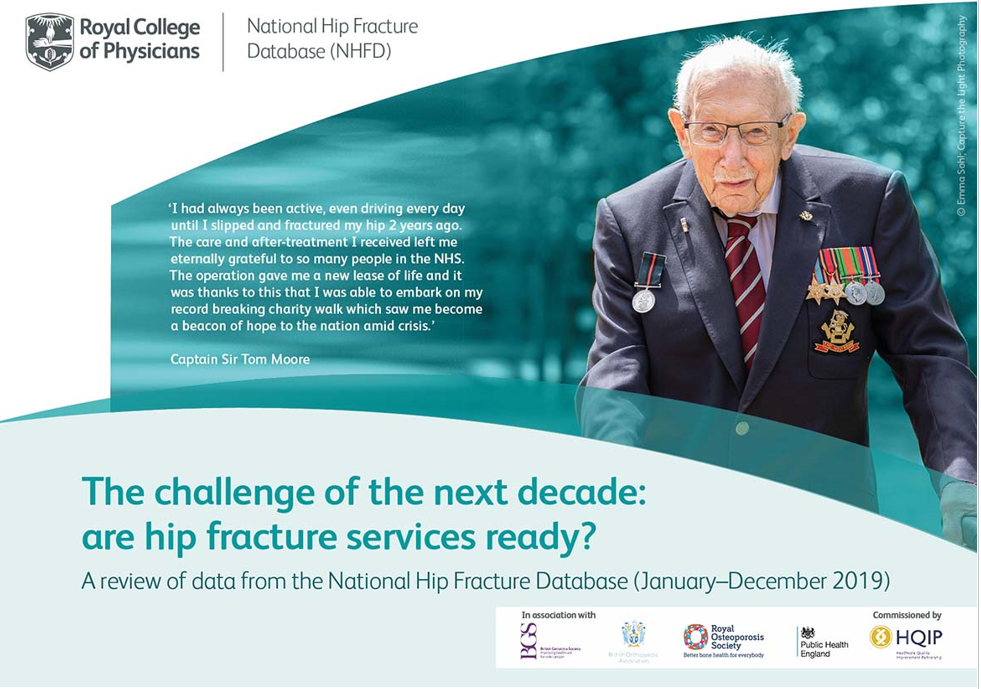 The challenge of the next decade: are hip fracture services ready?
The challenge of the next decade: are hip fracture services ready?
The National hip Fracture Database (NHFD) has recently released its latest annual report focussing on the six NHFD key performance indicators used to monitor and drive up standards across the country. 2020 will no doubt prove to be one of the most challenging years in the history of the NHS. This report also presents the first data about the effect of COVID-19 on trauma units around the country and on outcome for patients with hip fracture who have COVID-19 when admitted to hospital or develop it after their operation.…
Read more of this article
RA disease not treated with advanced therapies
 RA disease impact in patients not treated with advanced therapies; survey findings from the National Rheumatoid Arthritis Society
RA disease impact in patients not treated with advanced therapies; survey findings from the National Rheumatoid Arthritis Society
by NRAS
Recently NICE published a Final Appraisal Document in respect of a new JAK inhibitor (filgotinib – Jyseleca) giving access to people with RA who have so called ‘moderate’ disease in addition to those with ‘severe’ disease. This is the first time NICE have broadened their eligibility criteria for access to advanced therapies and is warmly welcomed by NRAS. This comes at the same time as a paper published by the National Rheumatoid Arthritis Society (P.…
Read more of this article




